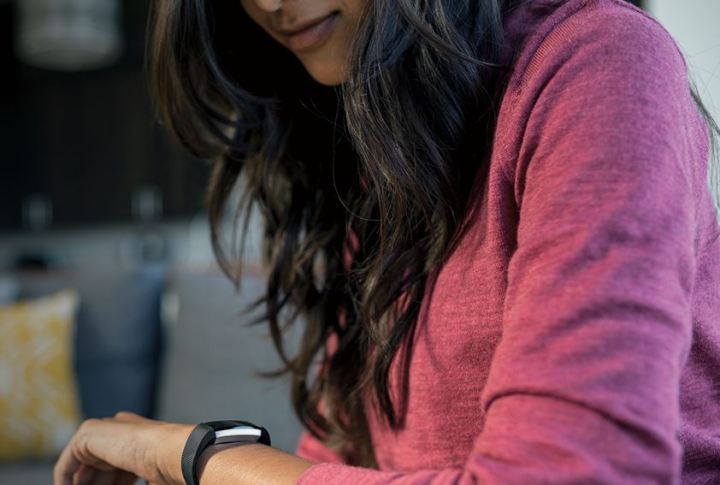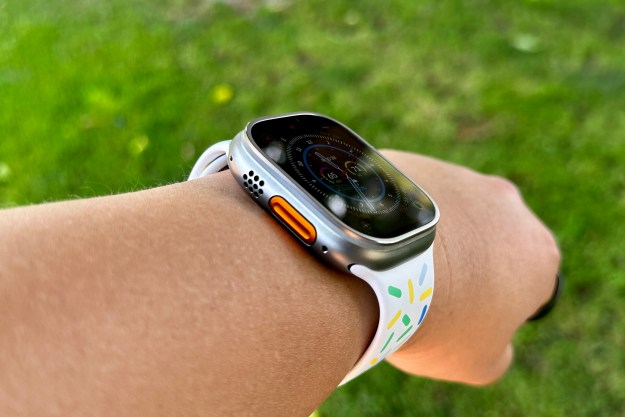Fitbit has been helping people track their sleep information for over ten years. Now, the company’s latest Fitbit Premium feature, Sleep Profile, will provide personalized data to improve sleep quality across the board. Previously, Fitbits were able to track nightly patterns such as sleep duration, restfulness, and REM sleep. While that information can be helpful for understanding a person’s sleeping habits, Sleep Profile will up the ante by tracking even more data points and, perhaps more importantly, will help users understand how to interpret the data.
In addition to sleep duration, restfulness, and REM sleep, your Fitbit can now track sleep schedule variability, your time before sound sleep, and disrupted sleep. Users will have access to the individual data points after each night but won’t receive any interpretation of the information until the end of each month. Sleep Profile will then analyze the data, compare it to other users, and give a full report on your sleep patterns.

With the information in hand, Sleep Profile will be able to provide a more comprehensive look at all facets of a person’s sleeping habits. From there, the app also provides “additional guidance” on how to help improve those habits to decrease sleep-related health risks like cardiovascular problems and poor cognitive functioning. The guidance consists of simple suggestions such as creating a more consistent bedtime routine or listening to some of Fitbit’s in-app mindfulness content to work on unwinding from the day before getting ready to sleep.
The profiles that Sleep Profile creates are based on different animals for easier data interpretation. As a person’s habits change (hopefully for the better when following the app’s instructions), the animals will change month to month. Fitbit makes a point to say that there isn’t an “ideal” animal to be represented by in-app, but that each one simply helps users understand what their sleep is like and how it can be improved.
Sleep Profiles launches on July 4 for Premium Fitbit subscribers and is compatible with Fitbit Sense, Versa 3, Versa 2, Charge 5, Luxe, and Inspire 2 devices. Similar to Fitbit’s AFib detection software, Sleep Profiles is not a stand-in for real medical consultation.
Editors' Recommendations
- Your Fitbit app is getting a big AI upgrade later this year
- The Oura Ring showed me how months of stress destroyed my sleep
- The future of Fitbit doesn’t look good
- The Fitbit Charge 6 is a fitness tracker and smartwatch hybrid
- Your Fitbit app is about to get a major update. Here’s what it looks like




